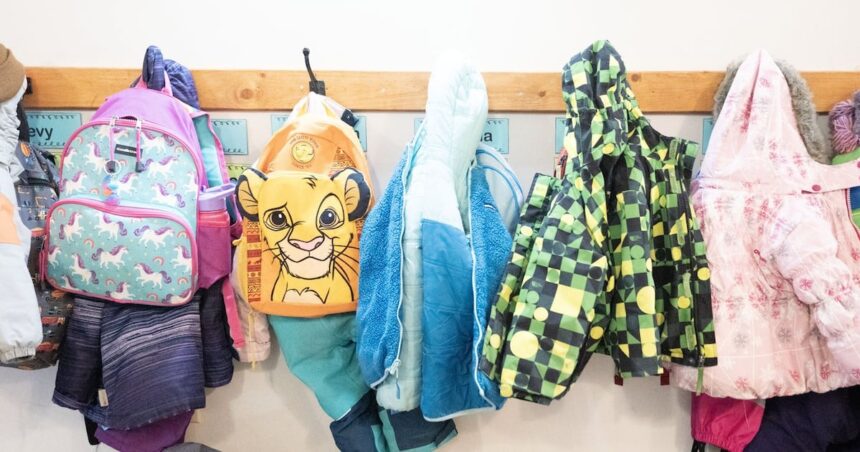As Alberta students prepare to return to classrooms this fall, they’ll need the usual supplies—pencils, notebooks, calculators—but this year, parents must also remember something else: consent forms for sexual health education.
YWCA organizations across Alberta have launched a province-wide awareness campaign reminding families about Alberta’s new sexual health education opt-in requirement, which takes effect when students return to school in September.
“Many parents simply aren’t aware that if they don’t actively sign the consent form, their child will miss crucial health information,” says Amber Niemeier, director of external relations for YWCA Edmonton. “We’re concerned this could leave significant gaps in children’s understanding of their bodies and healthy relationships.”
The legislation, part of Bill 1, the Parents’ Rights Act that passed in April, reverses the traditional opt-out approach where students automatically received sexual health education unless parents specifically requested otherwise. Under the new law, schools must secure written parental consent before children can participate in lessons related to sexual orientation, gender identity, or sexual health.
Education Minister Demetrios Nicolaides has emphasized that the change strengthens parental involvement in education. “Parents are the primary educators of their children and have a right to know what their children are learning in school,” Nicolaides stated when the bill was introduced.
However, YWCA organizations argue the opt-in requirement creates barriers to accessing critical information. Their campaign features a social media push and posters that read: “Don’t forget to pack the essentials,” showing a backpack with school supplies alongside a prominently displayed consent form.
Health experts have voiced concerns about the potential consequences. Dr. Karen Morton, an adolescent health specialist, told CO24 News, “Comprehensive sexual health education has been shown to delay sexual activity, reduce unplanned pregnancies, and help young people develop healthy relationship skills. Creating additional barriers to this information doesn’t serve students well.”
Some school boards report they’re working to make the consent process as straightforward as possible. Calgary Board of Education spokesperson Martin Reid confirmed, “We’re sending digital forms to all families and will follow up with those who don’t respond to ensure maximum participation.”
The Alberta Teachers’ Association has raised practical concerns about implementing the law, questioning how teachers will manage classrooms when some students participate in sexual health lessons while others do not.
“Teachers are preparing alternative learning activities, but this creates logistical challenges and potential stigma for students who aren’t participating,” says ATA president Jason Schilling.
According to Statistics Canada, Alberta has historically had higher-than-average teen pregnancy rates compared to other provinces, raising questions about whether reduced access to comprehensive sexual health education could impact these numbers further.
As the school year approaches, the campaign urges parents to watch for consent forms in back-to-school packages and return them promptly—regardless of whether they choose to opt in or out.
In a society where young people increasingly access information about sexuality from online sources of varying reliability, should we be creating more barriers or fewer when it comes to providing accurate, age-appropriate sexual health information in schools?










